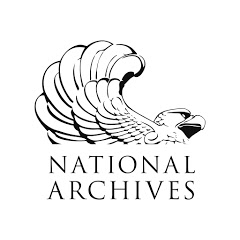How to Effectively Research the National Archives Portal
by Ron Chan

NARA “TEMPORARY FREE” ACCESS
The National Archives is a wealth of information to research your immigrant past. Just scroll down the page and provide immigrant’s name, birth date and birth location to search millions of records. After entering immigrant details, a listing will open up, clicking on a file, will take you to a page to create a free account to view, print, and save files. Researched will be Passenger and Crew Lists, Naturalization Records, Arrival Case Files and more. https://www.ancestry.com/cs/nara
Contributed by Marisa Louie Lee
Just wanted to provide some additional information to BACGG members about what’s offered via the new National Archives/Ancestry portal. Ancestry is providing access to records it has digitized from National Archives holdings, which are typically only available to paying Ancestry members. As you noted, this includes passenger records, federal court naturalization records, and military records. The information about immigration arrival case files on Ancestry are indexes to the case files, not digitized copies of the actual arrival case files themselves. If a researcher finds something of interest, they will want to take the step of contacting the National Archives facility that has that case file once NARA facilities re-open so that they can get a copy of the file.
The National Archives online catalog (which is always free and available to the public at https://catalog.archives.gov/) includes additional case file indexes that are not on Ancestry, such as the index for Boston and Chicago.
BACGG members may be able to gain expanded free access to Ancestry via their public libraries, which are providing at-home access to Ancestry during this time (at least through April 30.) At least two library systems I know of here in the Bay Area – San Mateo County Libraries (https://smcl.org/resources/genealogy/) and Marin County Public Library (https://marinlibrary.org/research/) – have given its cardholders access from home. The at-home version of Ancestry Library includes vital (birth/marriage/death) records, city directories, and more. BACGG members should contact their local libraries to ask if they can get access at-home.–

